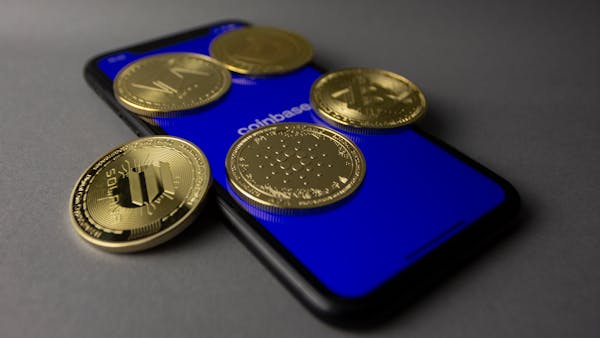A bona fide currency needs to serve as a medium of exchange, a store of value, and a unit of account. Bitcoin fails to satisfy any of these functions.
The blockchain is a public record that keeps track of ownership. Bitcoin miners compete to verify transactions by solving complex math problems. Discover more at Cryptsy.com.
What is Bitcoin?
Bitcoin is a digital currency that is independent of banks and can be sent from user to user over the peer-to-peer blockchain network in near real time for no fees. It is secured by public key cryptography and a unique approach to transaction bookkeeping that achieves authorization, balance verification, prohibition of double spending, delivery of assets and record immutability.
While Bitcoin’s roller-coaster price gains headlines, its underlying technology is what has really captured the attention of investors and consumers alike. The blockchain system, first explained in a 2008 white paper by Bitcoin’s mysterious creator known as Satoshi Nakamoto, allows for decentralization, transparency and immutability.
With its limited supply capped at 21 million, Bitcoin is considered a store of value and is often called “digital gold.” The cryptocurrency also offers benefits such as fast settlement and the ability to create applications on its blockchain. The blockchain is an open source, public database that records all transactions in a chronological order using a hashing function. Each block contains a set of transactions and the miner who finds a solution to the hashing puzzle is rewarded with newly created Bitcoins.
How does it work?
Bitcoin enables people to transfer money directly between themselves, without the need for a central bank or trusted third party. Transactions are broadcast and recorded on a public ledger called the blockchain. Every ten minutes, transactions are compiled together into groups known as blocks. Each block contains information about the previous transactions that have been made and is encrypted using the SHA-256 algorithm. The hash of each block is then added to the end of the chain, making it difficult for anyone to change or corrupt a previous block.
A copy of the blockchain is held on servers around the world (each known as a node) where consensus about who owns which bitcoins is reached cryptographically. The verification process is also referred to as mining and miners are rewarded for their work with new Bitcoins. Unlike conventional national currencies which get some of their value from being considered legal tender, Bitcoin has no intrinsic or physical value.
How do I get my first Bitcoin?
There are a growing number of businesses and services that accept Bitcoin around the world. You can also buy Bitcoin from a cryptocurrency exchange. To purchase Bitcoin, you’ll need to register an account on an exchange and add a payment method. Once your account is funded, you can buy Bitcoin and store it in a wallet program.

Many people are afraid to invest in Bitcoin because of the wild price swings and negative publicity it has received in recent years. It is important to educate yourself before deciding to make your first investment in this new asset class. There are a number of valuable resources that can help you bust through the popular myths surrounding bitcoin and understand how it works. You can start with listening to podcasts from experts like Andreas Antonopoulos and Jimmy Song or reading the work of developers such as Jameson Lopp. Once you have a strong understanding of bitcoin, it will be easier to make confident decisions about purchasing it.
What are the risks?
There are a few major risks associated with cryptocurrency. It’s important to understand these risks before investing in cryptocurrency, especially Bitcoin.
Cryptocurrency prices are volatile. Their value depends on what other investors and owners ascribe to them. This is different from most traditional investments, where a trusted financial institution ties the value to transactions and ownership.
Blockchains and bitcoin exchanges are susceptible to hacking. Some of these attacks have resulted in substantial losses.
Mining bitcoin is energy-intensive, and the resulting environmental damage has raised concerns. Some countries have shut down their mining operations because of these concerns.
Since cryptocurrencies exist only in digital form, they’re vulnerable to hacking and other cybercrime. They’re also not insured by the Securities Investor Protection Corporation or the Federal Deposit Insurance Corporation (FDIC). This is unlike cash and other physical assets. Finally, the price of a bitcoin can change rapidly, and you could lose money if you invest in one at the wrong time.